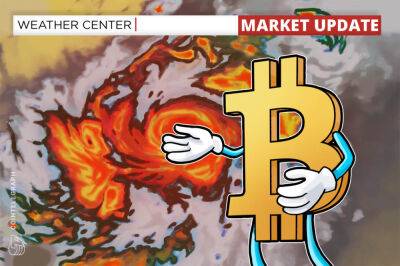Why has the cost of diesel at the pump hit a record high?
The invasion of Ukraine has upended already-turbulent energy markets and now diesel has hit record highs of 180p a litre – 36% up on January 2020, before the pandemic. EU diplomats are aiming to agree an approach to phasing out Russian oil this month, threatening further disruption which could push diesel and petrol prices even higher. But, against this backdrop, oil prices have actually fallen from their peaks in March in the early weeks of the war. Here’s why those falls are not feeding through to the pumps.
“There are various factors at play,” says Shore Capital analyst Craig Howie. “There’s been an increase in trucking activities, stretching demand; concerns over exports to Europe from Russia, shutdowns in the US and lower refinery runs in China. From an oil perspective China has been a concern. Tough restrictions on movement have hit demand but lockdowns have also reduced some refining capacity too.”
The US Energy Information Administration estimates that stocks of US distillates – typically diesel and petrol – fell 8% in March to 24% below the five-year average. Refining oil for petrol is historically more valuable for refineries, but Russia was a large diesel exporter meaning demand for diesel refining elsewhere has pushed up the price from refineries in other countries.
Western oil refineries have struggled in recent years. The fall in the oil price due to Covid hurt an industry that has struggled to attract investment into facilities amid increased environmental regulation and worries over peak oil demand. Many of the refineries supplying Europe are based in Russia, while Beijing closely controls how much Chinese refiners export.
In the UK, there are six large refineries. There have been concerns over the finances
Read more on theguardian.com

















